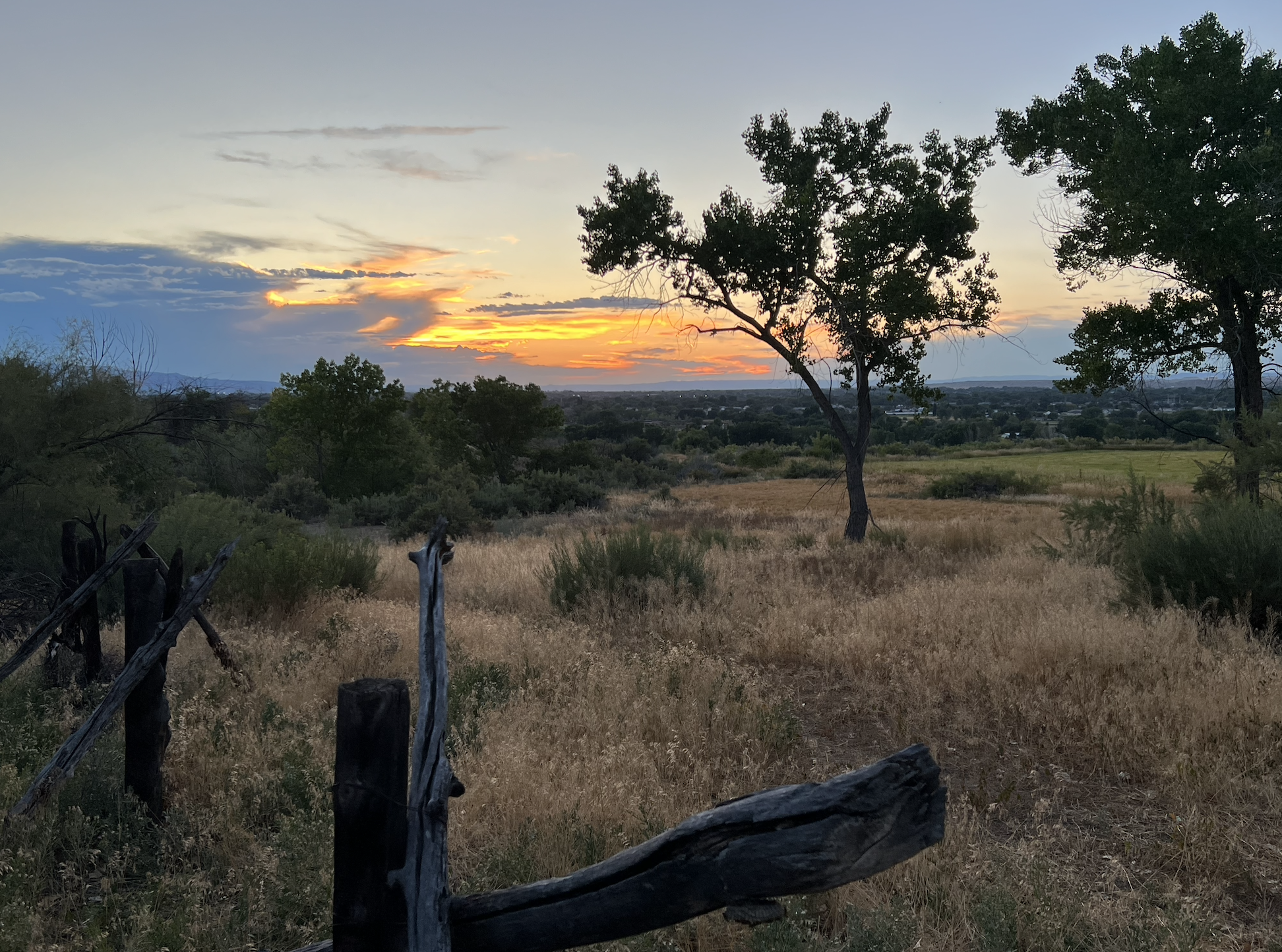I’ve been writing a lot the last month, organizing a draft of an Art of Hosting resource book, customized for some of the faith community people I’ve worked with the last three years. Part of that includes description of useful principles and agreements.
One such principle that I’ve noticed important in a number of environments is our overall relationship with complexity. Limited to one paragraph, I found myself writing this:
Don’t blame each other for complexity. What if complexity were just complexity? Multiple relations in multiple networks of people in multiple timelines that don’t always line up conveniently. As human beings, we try to look for simplifications in our plans. Often, we project our desire for a kind of simplicity onto situations that will never be as simple as we like. It’s a bit like saying rocket science is as simple as a match and some fuel. That may be true at some level, but isn’t particularly useful. When a situation gets messy, most of us look for reasons to explain why things aren’t clear. Most of us are accustomed to a kind of blame or attribution of fault. Without releasing an essential need for accountability, what if we were to acknowledge that complexity rarely requires blame, but rather, always requires adaptation. We laugh when the predicted sunny day turns to showers. Though we may be frustrated that the picnic doesn’t go as planned, there aren’t too many of us that hold weather forecasters to a certainty of prediction. We bring an umbrella, or put it away, and move on. Moving on feels like a core competency. Letting go of blame is a spiritual practice. Complexity is just complexity.
